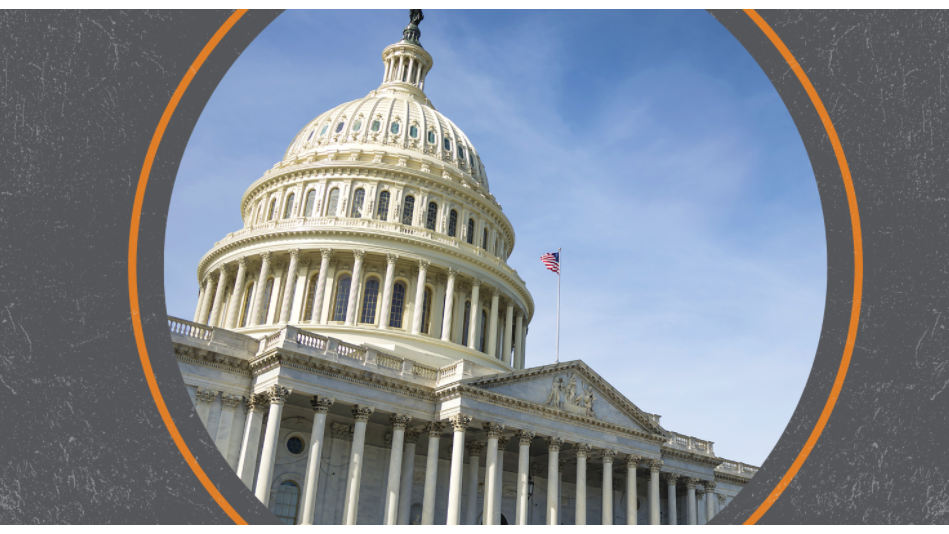 Our team of policy experts is closely monitoring new developments of the Senate reconciliation bill under consideration. As pieces of legislation make their way through Congress, we have identified multiple components that align with our 2021 Policy Agenda. Most recently, budget reconciliation set to be considered in the House Energy and Commerce committee seeks to provide access to health coverage for over 2 million uninsured Americans who fall into a gap in access to affordable health plans. [Coalition to Transform Advanced Care 10.6.2021]
Our team of policy experts is closely monitoring new developments of the Senate reconciliation bill under consideration. As pieces of legislation make their way through Congress, we have identified multiple components that align with our 2021 Policy Agenda. Most recently, budget reconciliation set to be considered in the House Energy and Commerce committee seeks to provide access to health coverage for over 2 million uninsured Americans who fall into a gap in access to affordable health plans. [Coalition to Transform Advanced Care 10.6.2021]
This coverage gap is created by income limits for Medicaid eligibility and marketplace tax credits in states that have not expanded Medicaid to offer the coverage provided by the Affordable Care Act (ACA). As a result, low-income individuals, even those with incomes below the federal poverty line, may not be eligible for Medicaid, and are left to seek coverage in a marketplace meant for individuals earning at least 138% of the federal poverty line, pay for potentially costly coverage offered by employers, or go without insurance. This places more people at risk of serious illness derived from lacking preventive care, missed screenings, and lack of treatment adherence. Additionally, existing policies disproportionately impact Black and Latinx individuals, who represent more than half of those who fall into the coverage gap. The proposed legislation aligns with C-TAC’s commitment to advancing health equity and increasing access to critical treatments and services for those living with serious illness.
The legislation under consideration aims to close the coverage gap by implementing immediate and long-term solutions for low-income individuals who find themselves unable to access coverage. The bill would begin implementation in January 2022 by expanding eligibility for premium tax credits in ACA marketplaces to include low-income individuals in non-expansion states who would be eligible for Medicaid under ACA expansion guidelines.
More details and full article>
###
